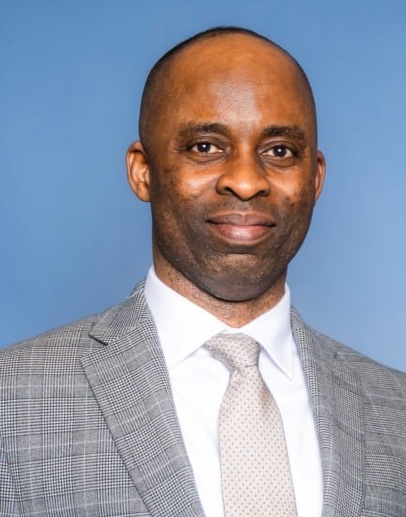“The power to question is the basis of all human progress.” – Indira Gandhi [India Former Prime Minister].
Why do people often refrain from asking questions, despite its tremendous value in personal growth, learning, and understanding? Here are some helpful reasons:
1. Fear of Judgment: Many individuals fear being judged for asking what they might perceive as a “stupid” question. They worry about appearing ignorant or incompetent in front of others. As the renowned physicist Albert Einstein once said, “The important thing is not to stop questioning. Curiosity has its own reason for existence. One cannot help but be in awe when he contemplates the mysteries of eternity, of life, of the marvelous structure of reality. It is enough if one tries merely to comprehend a little of this mystery each day.”
2. Comfort in Ignorance: Sometimes, people find comfort in not knowing the answers. Asking questions can disrupt this sense of comfort and lead to uncertainty. However, as the philosopher Socrates famously stated, “I am the wisest man alive, for I know one thing, and that is that I know nothing.” Embracing our ignorance can be the first step toward true understanding.
3. Assumption of Knowledge: People often assume they already know the answer or believe they can figure it out on their own. This assumption can hinder curiosity and prevent individuals from seeking clarification or deeper insights. As Carl Sagan, the astrophysicist and science communicator, once remarked, “Somewhere, something incredible is waiting to be known.” By asking questions, we open ourselves up to discovering that incredible something.
4. Lack of Confidence: A lack of confidence can prevent individuals from asking questions, as they may doubt their ability to articulate their thoughts or fear appearing vulnerable. However, as Maya Angelou, the poet and civil rights activist, wisely noted, “Ask for what you want and be prepared to get it.” Confidence grows with practice, and asking questions is a powerful way to cultivate it.
5. Cultural Norms: In some cultures, questioning authority or expressing curiosity may be perceived as disrespectful or inappropriate. This cultural conditioning can inhibit individuals from asking questions, even when they genuinely desire to learn and understand. Yet, as Neil deGrasse Tyson, the astrophysicist and science communicator, reminds us, “The universe is under no obligation to make sense to you.” Questioning authority can lead to breakthroughs and new perspectives.
While there are several reasons why people may hesitate to ask questions, it’s crucial to recognize the immense value that questioning brings to personal and intellectual growth. By overcoming fear, embracing curiosity, and challenging assumptions, we can unlock new realms of knowledge and understanding.
As the philosopher Voltaire once said, “Judge a man by his questions rather than his answers.” Let’s strive to ask questions that inspire, provoke thought, and ignite a thirst for knowledge. [To be continued next week].


